What are education mental health practitioners?

What are education mental health practitioners?
Education Mental Health Practitioners (EMHPs) are part of the government’s Mental Health Support Teams (MHST) plans for schools to provide mental health early intervention support for children and young people.
Trainee EMHPs spend a year completing a post-graduate course covering evidence based approaches for low intensity care. This phase is the ‘trainee phase’. During this time, they will build up their experience through individual, group and whole school work with pupils, families and staff. Once they have completed the course, they are qualified EMHPs.
What is a trainee EMHP role?

What is a trainee EMHP role?
Education Mental Health Practioners (EMHPs) have a clear criteria to support low level (low intensity) mental health needs such as low mood, anxiety and phobias through short term pieces of work (4-8 sessions).
EMHPs will be able to provide assessments, evidence based individual and group pupil work, shared decision making with pupils, parent-led approaches, onward signposting to other teams and services and whole school projects.
The interventions offered will be Cognitive Behavioural Therapy informed and robust clinical supervision is offered to all practitioners within the MHST.
- Trainee EMHPs will receive weekly clinical supervision from a supervisor to be able to discuss their cases
- Informed consent will be required from children, young people and parent/carers prior to any discussions or referrals
- As part of their training and supervision, trainee EMHPs will be required to video their sessions, the recording will be used for training and supervision requirements only and consent for this can be taken away at any point and will not affect the intervention offered the child, young person, or parent/carer
- A written record of interventions is completed on SystmOne, which is our health electronic record system
- All MHST staff have enhanced DBS checks
Trainee EMPHs can support with

Trainee EMPHs can support with
There are many things EMHPs can help with in your school, where needs are more complex, they may need to refer a young person onto another team or service that is better placed to support.
The example guide from the Children and Young People's IAPT Midlands Collaborative shows a generic offering of what fully trained EMHP can support with. This can change dependent on location so pleae make sure that mental health leads in schools can dicuss cases within MHST consultations.
| EMHP's can work with children as individuals or in a group to provide interventions in cases of... | EMHP's may work with children as individuals or in a group to provide interventions in cases of... (Discretion and close supervision needed) |
EMHP's should not work with children as individuals or in a group to provide inteventions in cases of... (Significant levels of need / complex conditions) |
|---|---|---|
| Behavioural difficulties -identification, brief parenting support | Support staff and help cofacilitate a full parenting programme such as Triple P | Conduct disorder, anger management, full parentings programme (e.g Triple P, Solihull Approach) |
| Training parents and teacers to support interventions with children | Irritability as a symptom of depression - (can present as anger) | Treatment of parents' depression and anxiety. |
| Low mood | Low confidence, Assertiveness or interpersonal chjallenges - e.g. with peers | Anger management training. Chronic dpression. |
| Worry management | Some short-term phobia exposure work | Low self-esteem, social anxiety disorder |
| Anxiety / avoidance e.g simple phobias, separation anxiety | Thoughts of self harm, self harm not requiring medical attention. Support to develop healthy coping strategies. | Extensive phobias, e.g. blood, needles, or vomit phobia |
| Panic management | Insomnia (further training may be required) | Severe, active, high risk of self harm |
| Assessing self harm, thoughts of self harm, and supporting with alternative coping strategies. Pupils with history of self-harm but not active | Assessment of complex interpersonal challenges | PTSD, trauma, nightmares |
| Sleep hygiene |
Mild / early Obsessive Compulsive Disorder (OCD) (further training may be required) |
Relationship problems - counselling for issues such as relationship problems may be better suited to school counsellors |
| Thought challenging - negative automatic thoughts | Children that are displaying rigied, ritualistic behaviour that may or may not be within a diagnosis of ASD. | Obsessive Compulsive Disorder moderate to servere in nature |
| Problem solving | Moderate to severe attachment disorders. Assessment and diagnosis of developmental disorders and learning difficulties. | |
| Pain management | ||
| Historical or current experiences of abuse or violence. |



